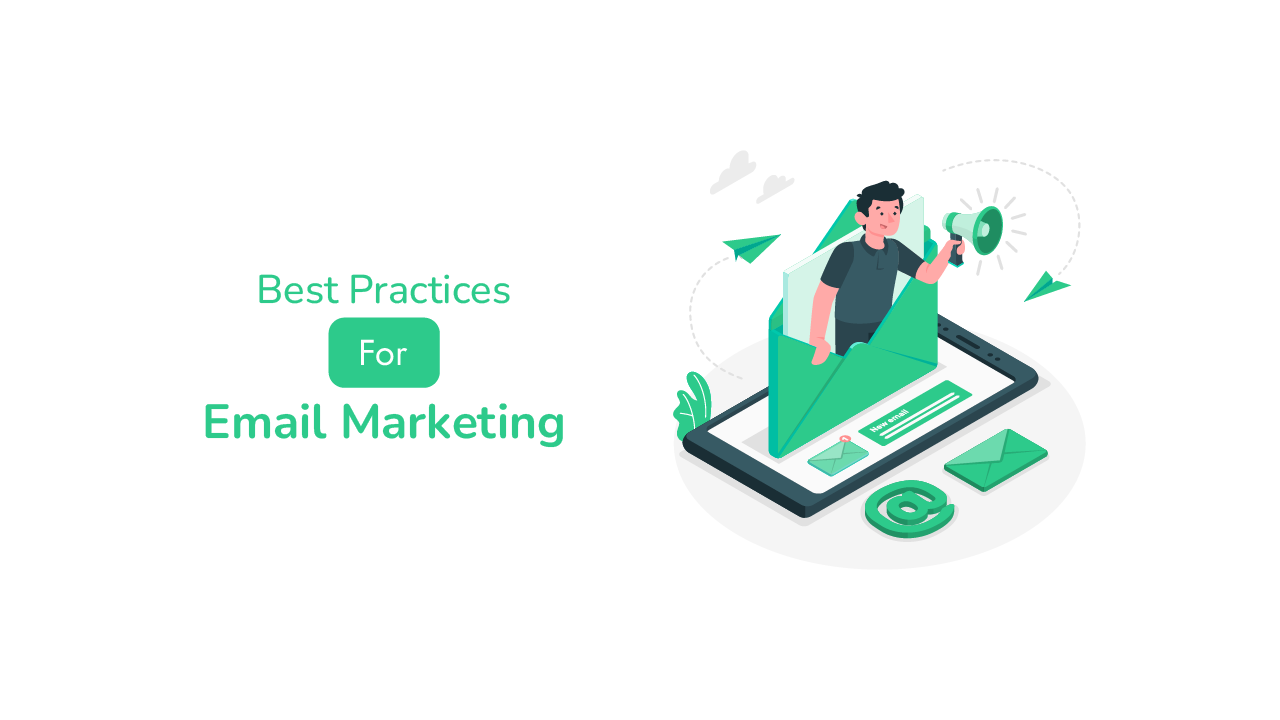Email marketing is a powerful tool for reaching out to and engaging with your target audience. However, it can be difficult to know where to start when it comes to creating effective campaigns. In this blog post, we’ll go over some best practices for email marketing that will help you get the most out of your campaigns.
Best practice of email marketing
-
Segment your list
-
Personalize your emails
-
Optimize your subject line
-
Test A/B
-
Use a clear call-to-action
-
Monitor your results
1. Segment your list:
One of the most important things you can do when it comes to email marketing is to segment your list. This means dividing your list into smaller groups based on factors such as demographics, behavior, and purchase history. By segmenting your list, you can create more targeted and relevant campaigns that will resonate with your audience.
2. Personalize your emails:
Personalization is key to creating effective email campaigns. This means using the recipient’s name, referencing their past purchases, or recommending products based on their browsing history. Personalization helps to build trust and create a more meaningful connection with your audience.
3. Optimize your subject line:
Your subject line is the first thing your recipient sees, so it’s important to make sure it’s compelling and relevant. Keep it short and sweet and make sure it accurately reflects the content of the email.
4. Test, Test, Test:
A/B testing is a great way to see what works and what doesn’t. Test different subject lines, content, and call-to-action buttons to see what resonates with your audience. This will help you optimize your campaigns and improve your results.
5. Use a clear call-to-action:
Your email should have a clear call-to-action (CTA) that tells the recipient what you want them to do next. This could be to make a purchase, sign up for a newsletter, or visit your website. Make sure your CTA is clear, prominent, and easy to follow.
6. Monitor your results:
Keep track of your open and click-through rates, as well as any conversions that come from your email campaigns. This will help you understand what’s working and what’s not, so you can make adjustments and improve your results over time.
By following these best practices, you’ll be well on your way to creating effective email campaigns that will help you connect with your audience and drive results. Remember to always keep testing and optimizing your campaigns for the best outcome.



